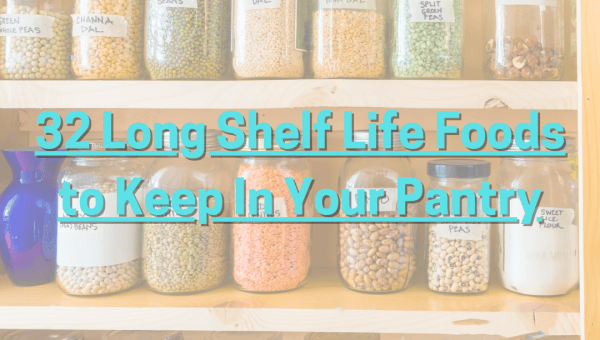Gardening is a pastime that has been enjoyed by millions of people for generations, but with growing populations and limited space, the traditional way of gardening is becoming less and less viable. However, there is a solution that has been gaining popularity in recent years: Vertical Gardening.
Vertical gardening involves growing plants in a vertical tower, allowing for more plants to be grown in a smaller space. This solution is perfect for people living in urban areas where outdoor space is limited, or for those looking to grow more food in their backyard.
Hydroponic gardening is a popular method used in vertical gardening. This method involves growing plants in water, instead of soil. This method is not only space-saving but also eliminates the need for soil-based nutrients, as the plants are fed a nutrient-rich solution directly.
Building a hydroponic garden can seem like a daunting task, but with some basic knowledge, anyone can do it. There are many tutorials and videos available online that will help you get started, and you can even find detailed plans and drawings to help guide you. However, it's important to remember that a hydroponic system requires power and requires you to add nutrients to the water.

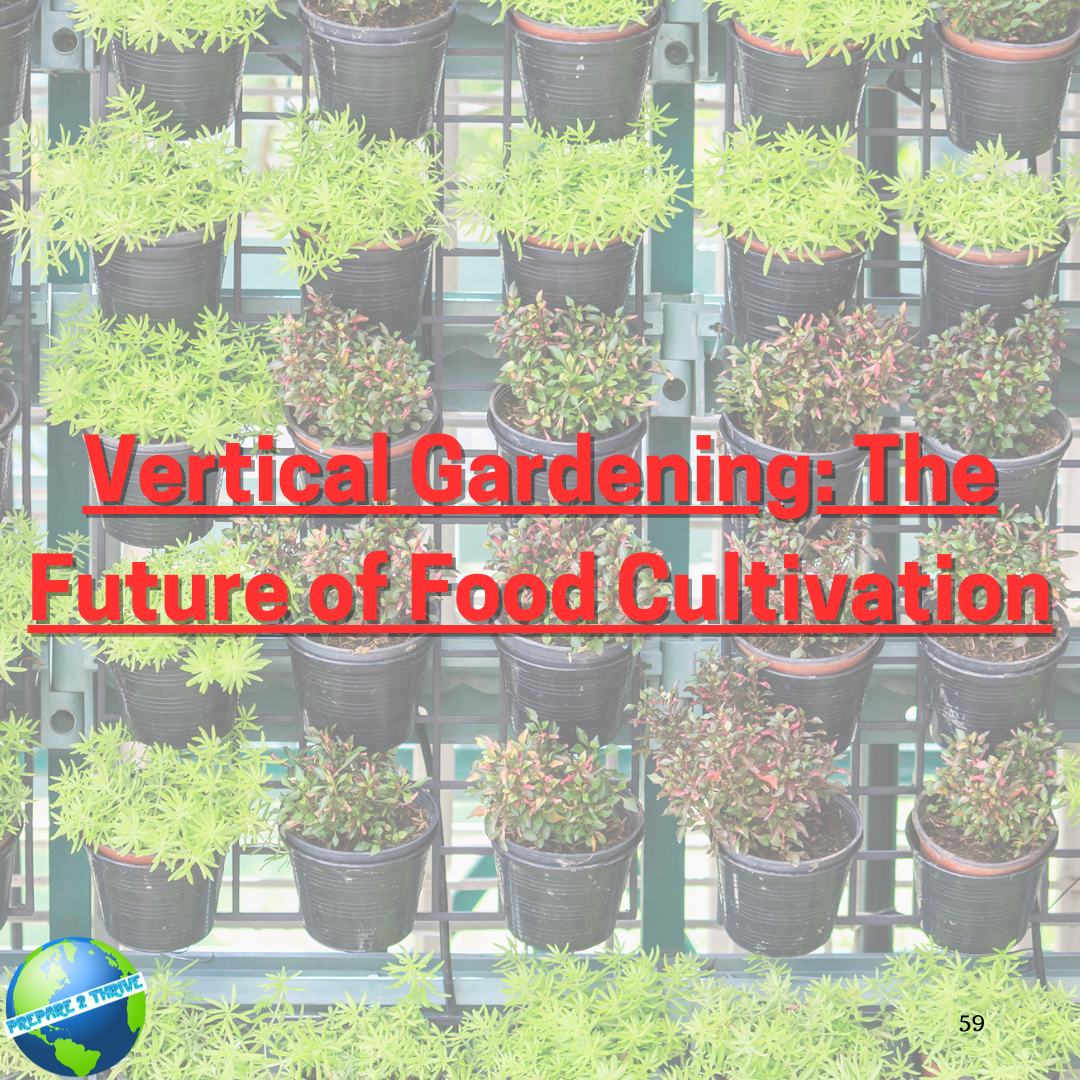




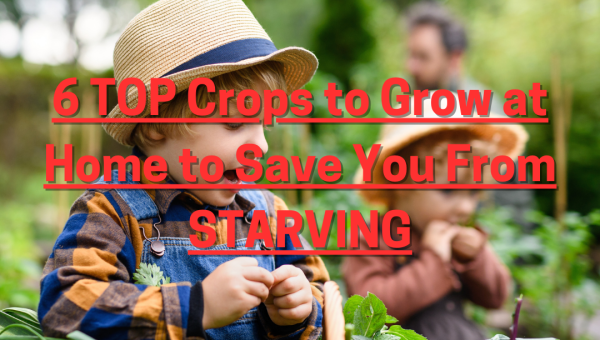

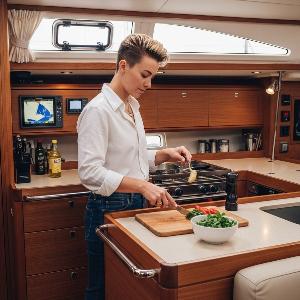


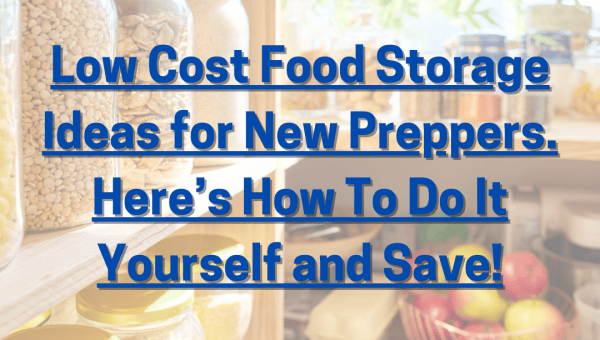
 In today’s economic climate, finances are a major concern for everyone, but doubly so for the prepper or survivalist. Not only are we trying to maintain a semblance of normalcy in our everyday lives, we are also attempting to put together a “kit” for another lifestyle altogether, a kit that will keep us alive when everything falls apart.
In today’s economic climate, finances are a major concern for everyone, but doubly so for the prepper or survivalist. Not only are we trying to maintain a semblance of normalcy in our everyday lives, we are also attempting to put together a “kit” for another lifestyle altogether, a kit that will keep us alive when everything falls apart.
